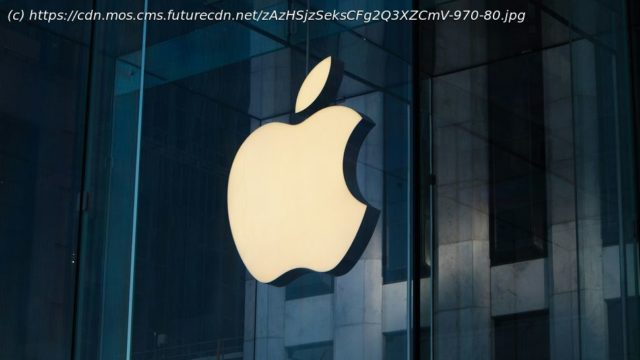The biggest tech story of the moment
It’s a move that’s sent shockwaves through the entire tech industry: the US government, through the Department of Justice (DOJ), is suing Apple for what it sees as unfairly and illegally building a monopoly around the iPhone.
You can read the full filing here, but we’re going to break down the key points for you here – why Apple is being sued, what it might mean for the iPhone and the tech industry in the future, and what the arguments are on both sides.
The story is likely to dominate tech headlines for years to come, and it asks fundamental questions about what’s fair and proper in the technology business – just how far should big tech be allowed to go in order to protect market share and grow revenue? And how might this change the iPhones and devices we use every day – let’s dig in…Apple lawsuit: Why is Apple being sued?
In the words of the DOJ, Apple’s “exclusionary conduct” over the years has made it harder for users to switch smartphones, and for other companies to innovate their own apps and products, while driving up costs for developers, businesses and consumers. Those are the three main points of attack in the case against Apple.
In more specific terms, we’re talking about decisions such as Apple blocking iMessage clients on Android phones, imposing a 30% tax on every purchase made through apps, and not enabling Android support for the Apple Watch. These are the same issues that Apple is in trouble with in the EU, though there’s no guarantee that the US rulings will be the same as they have been in Europe.
As per the lawsuit, Apple’s unfair practices touch web browsing, video calling, news subscriptions, entertainment services, automotive services, advertising, location services, and more besides. It’s clear that Apple is intensely protective over technologies like FaceTime and CarPlay – but the big question is, is it being anticompetitive?Apple lawsuit: Does the iPhone really have a monopoly?
That’s what the lawsuit alleges, though Apple, naturally, disagrees. There’s going to be a lot of debate about this: for a start, no one is exactly sure about the market share the iPhone has in the US, though most estimates range around the 60% mark. The US lawsuit introduces the rather fuzzy concept of the “performance smartphone market”, in which iPhones apparently account for over 70%.
Home
United States
USA — IT The big Apple lawsuit explained: why Apple's getting sued and what it...






